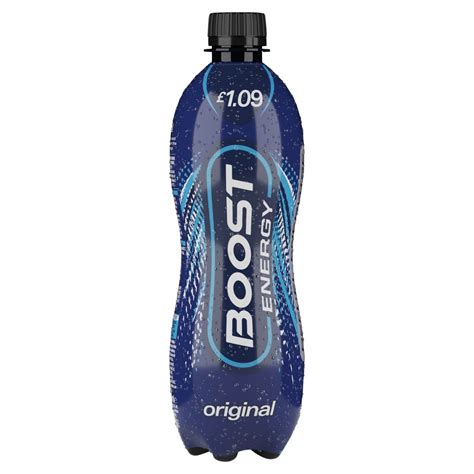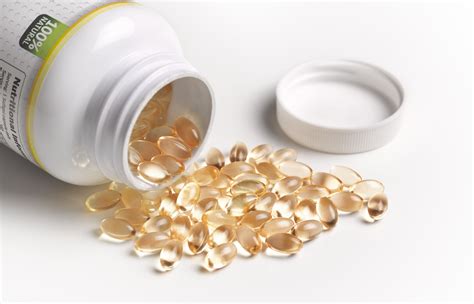Boost male T-levels naturally for improved energy, focus & peak performance?

Understanding Testosterone and Its Importance
Testosterone, often hailed as the cornerstone of male health, plays a crucial role far beyond just sex drive. This vital hormone influences muscle mass, bone density, fat distribution, red blood cell production, and even mood and cognitive functions. As men age, testosterone levels naturally decline, a process that can begin as early as the late 20s or early 30s. Symptoms of low T can include fatigue, decreased libido, difficulty concentrating, mood swings, and reduced physical performance.
While some men might consider synthetic interventions, a growing body of research supports the efficacy of natural methods in optimizing testosterone production. Adopting a holistic approach can not only boost your T-levels but also enhance overall well-being, leading to sustained energy, sharper focus, and peak performance in all aspects of life.

The Power of Exercise: Move Your Way to Higher T
Regular physical activity is one of the most potent natural testosterone boosters. However, not all exercises are created equal when it comes to hormonal impact. High-intensity interval training (HIIT) and strength training, particularly compound movements, have been shown to significantly elevate testosterone levels.
- Strength Training: Focus on exercises that engage multiple large muscle groups, such as squats, deadlifts, bench presses, and rows. Lifting heavy weights with proper form stimulates a greater hormonal response. Aim for 3-4 sessions per week.
- High-Intensity Interval Training (HIIT): Short bursts of intense exercise followed by brief recovery periods can also effectively raise T-levels. Incorporate activities like sprints, burpees, or cycling intervals into your routine.
- Avoid Overtraining: While exercise is beneficial, excessive or chronic endurance training without adequate recovery can actually suppress testosterone. Listen to your body and ensure proper rest.
Nutritional Foundations: Fueling Testosterone Production
Your diet is a critical component in supporting healthy testosterone levels. Certain nutrients are direct precursors or cofactors in testosterone synthesis, while others help regulate hormones.
- Healthy Fats: Don’t fear healthy fats! Monounsaturated fats (found in avocados, olive oil, nuts) and saturated fats (from lean meats, eggs, coconut oil) are essential for hormone production. Cholesterol, a building block for testosterone, comes from these sources.
- Protein Intake: Adequate protein is vital for muscle growth and recovery, indirectly supporting T-levels. Opt for lean meats, fish, eggs, dairy, and plant-based protein sources.
- Carbohydrate Management: While often demonized, complex carbohydrates are important for energy and preventing cortisol (stress hormone) spikes that can suppress testosterone. Prioritize whole grains, fruits, and vegetables.
- Micronutrients: Zinc, Vitamin D, and Magnesium are particularly important. Zinc is involved in testosterone synthesis, Vitamin D acts as a steroid hormone and is linked to higher T-levels, and Magnesium is crucial for muscle function and reducing oxidative stress.

The Importance of Sleep and Stress Management
Often overlooked, sleep and stress are powerful determinants of hormonal balance. Chronic sleep deprivation and high stress levels can drastically impair testosterone production.
- Prioritize Quality Sleep: Aim for 7-9 hours of uninterrupted sleep per night. Most testosterone is produced during deep sleep cycles. Establish a consistent sleep schedule, create a dark and cool sleep environment, and limit screen time before bed.
- Manage Stress: Chronic stress elevates cortisol, a hormone that directly competes with testosterone and can suppress its production. Incorporate stress-reduction techniques such as meditation, deep breathing exercises, yoga, spending time in nature, or engaging in hobbies you enjoy.

Consider Natural Supplements (Wisely)
While diet and lifestyle form the bedrock, certain natural supplements can offer additional support, especially if your intake of specific nutrients is low. Always consult with a healthcare professional before starting any new supplement regimen.
- Vitamin D3: Many individuals are deficient. Supplementation can significantly improve T-levels, especially in those with low baseline levels.
- Zinc: Found in oysters, red meat, and pumpkin seeds. Supplementation can be beneficial for those with deficiencies.
- Magnesium: Abundant in leafy greens, nuts, and seeds. Supplementing can help free up bound testosterone, making it more bioavailable.
- Ashwagandha: An adaptogenic herb that has shown promise in reducing stress (cortisol) and improving testosterone levels in some studies.
- Fenugreek: Some research suggests it may help increase free and total testosterone levels, as well as improve libido.

Lifestyle Adjustments for Optimal Hormonal Health
Beyond the core pillars, several lifestyle choices can subtly yet significantly impact your testosterone levels.
- Limit Alcohol Consumption: Excessive alcohol intake can disrupt hormone production and liver function, both detrimental to T-levels.
- Avoid Endocrine Disruptors: Be mindful of exposure to chemicals like BPA (found in plastics) and phthalates, which can mimic hormones and disrupt the endocrine system.
- Maintain a Healthy Weight: Obesity, particularly abdominal fat, is strongly linked to lower testosterone. Losing excess weight can lead to a substantial increase in T-levels.

Embrace a Holistic Approach for Lasting Results
Boosting your testosterone levels naturally isn’t about quick fixes; it’s about making sustainable lifestyle changes. By integrating regular strength training and HIIT, prioritizing nutrient-dense foods, ensuring adequate sleep, effectively managing stress, and considering targeted supplements, you can create an environment conducive to optimal hormone production. The benefits extend far beyond just numbers on a lab report – expect improved energy, sharper mental focus, enhanced physical performance, and an overall elevated quality of life.
Consulting with a healthcare professional is always recommended to assess your current testosterone levels and discuss the most appropriate natural strategies for your individual health profile.









